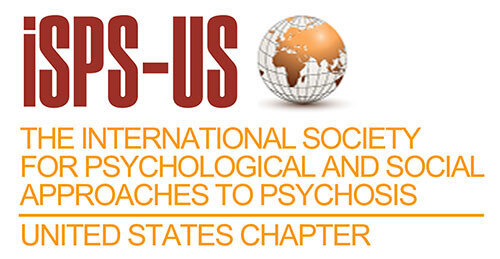
Dear ProPublica,
In response to your investigation into mental health care access, we are writing to you on behalf of ISPS-US, the US chapter of an international organization devoted to advocating for psychological and social approaches to psychosis. While many of our members are mental health professionals and researchers, a significant proportion are people with lived experience or their family members who have embraced our organization after years and sometimes decades in the mental health system.
Structural barriers to care pose a critical problem, but this problem is compounded by a crisis regarding the quality of the care that can be accessed. Our clinician members frequently encounter a troubling paradox in their efforts to provide high-quality therapeutic services: Even when mental health services have been accessed, there is an equally significant fundamental challenge that lies in the constraints imposed by the existing system at every level that prevent our providers from delivering the types of care that can best serve significantly troubled individuals. Likewise, individuals with lived experiences within our community too often find themselves ensnared in a system that delivers care that is reductive and coercive, that fails to address their needs and preferences or, even worse, that actually amplifies their distress.
Regarding the lack of accessibility to quality mental health care, just a few of the issues our members have addressed are:
- Structural Inequities in treatment access reflecting radically differential accessibility based on race, financial status, location & etc.
- A concern for liability that has been allowed to undermine the ability of hospitals, large group practices, social service organizations and college counseling centers to respond appropriately to distress
- Insurance sleight-of-hand efforts to increase profits, including creating their own medical necessity guidelines, failing to comply with established standards of care, misrepresenting network adequacy, creating barriers to the ability of members and providers to contact insurance carriers, clawbacks and intrusive audits, sectioning off coverage to third-party administrators who are not regulated by the same laws as private insurers, and failures to explain their policies clearly to policyholders
- The lack of funding for alternative respite centers that are person-focused rather than medication-focused
- Medicare Advantage plans that tightly ration care, and that will likely influence traditional Medicare and Medicaid reimbursement levels, as well as those of private insurers, going forward
- Practitioner burnout due to poor training and guidance, the disruption of treatment relationships, unrealistic caseloads, poor pay, the detachment of administrators from real-world work with patients, and other factors, all of which lead to provider shortages.
ISPS has been doing the hard work to support and advocate for quality mental health care for decades, especially for the most vulnerable. Our diverse members, who span the United States, stand prepared to share firsthand accounts regarding mental health care access, drawing from their unique perspectives as clinicians, researchers, advocates, family members, and individuals with lived experience. We invite you to explore the profiles of willing speakers within our Speaker’s Bureau and contact ISPS-US if you wish us to facilitate connections for further discussions.
Many thanks for the chance to offer input to your research team, and for your important work.
Leah Giorgini, MS
Executive Director, ISPS-US
Nancy Burke, PhD, ABPP
Vice-President, ISPS-US
Core Faculty and Past-President, Chicago Center for Psychoanalysis
Co-Chair, Expanded Mental Health Services of Chicago, NFP
Co-Convener, The 606 Project
Founder, Psychotherapy Action Network
Associate Clinical Professor, Feinberg School of Medicine of Northwestern University
Secretary and Board Member, American Board and Academy of Psychoanalysis

